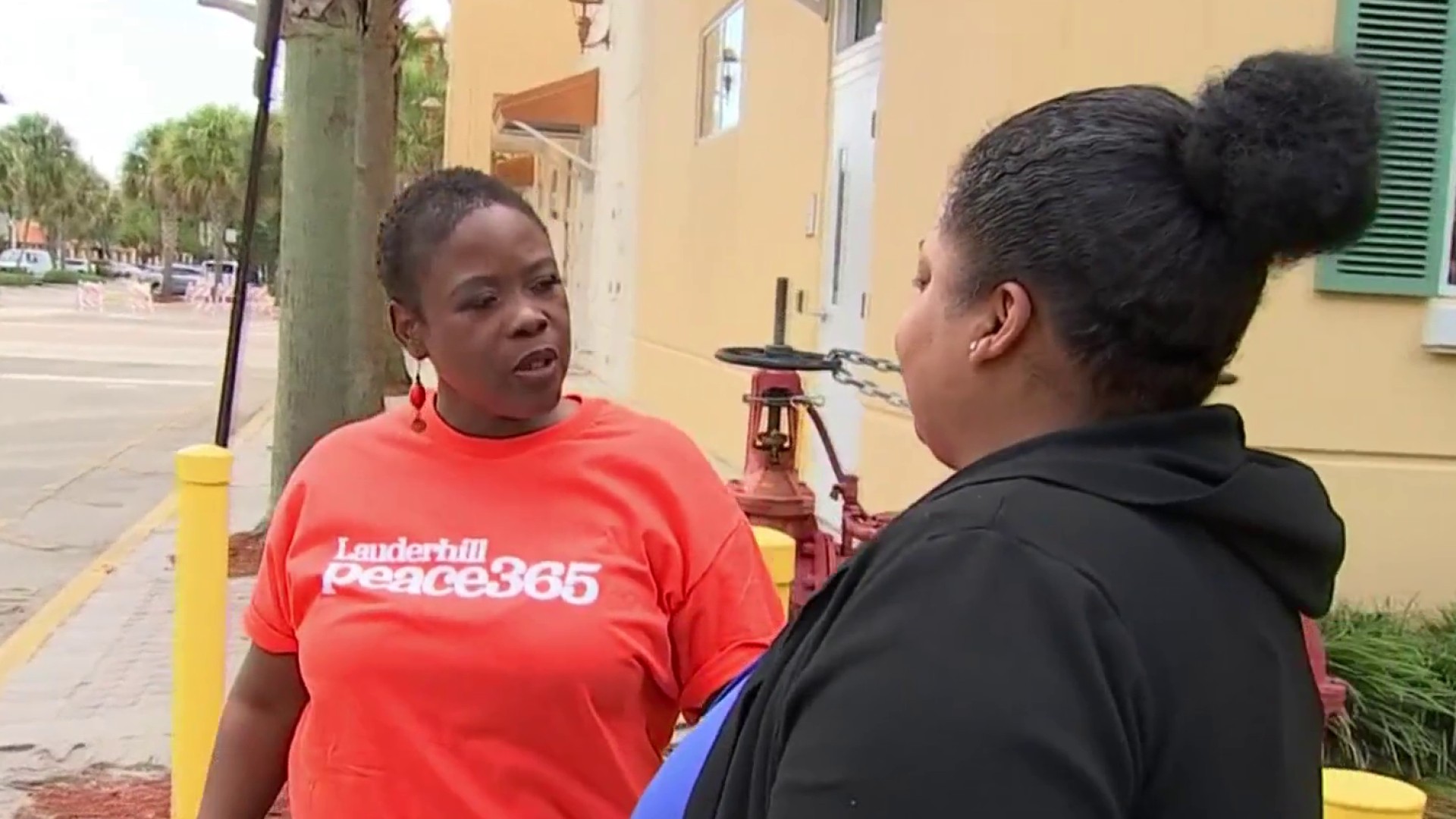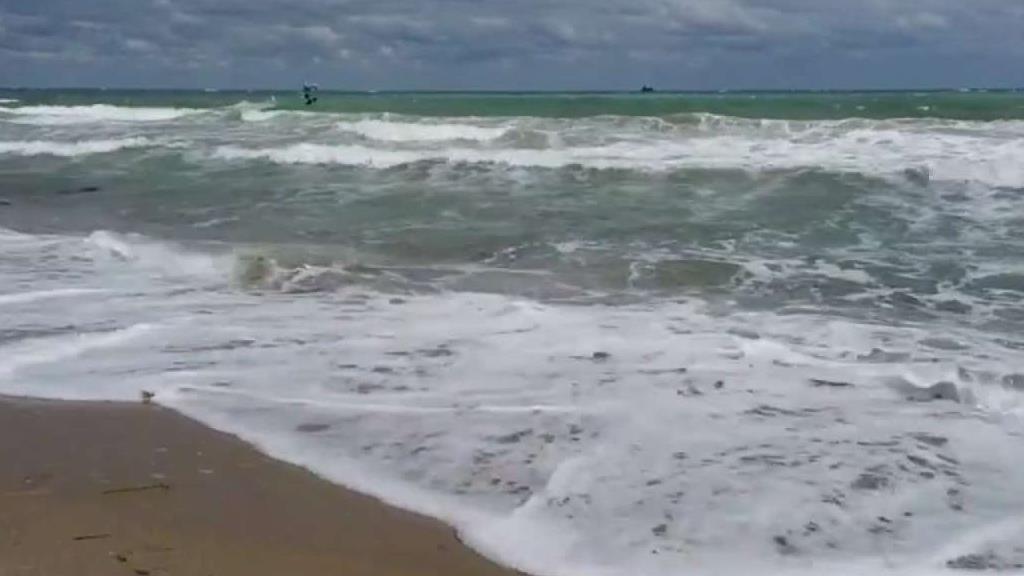Skin care products containing a dangerous ingredient are being sold in South Florida stores. Products advertised to "lighten" skin or "fade" blemishes are commonly found in stores that cater to the Latino, Asian and African American communities.
There's a growing trend fueled by social media and online tutorials that has people turning to products that may contain mercury. Many of those products are safe for use, but some have been reported by health experts to contain mercury.
Federal regulators have warned against the use of products containing more than a trace amount of mercury, or more than 1ppm.
"Think about what is gonna happen if this product is absorbed through your blood stream," Dr. Mercedes Florez-White said. Florez-White, a dermatologist at Florida International University, says products containing mercury can cause serious health problems.
"They can produce kidney failure especially if you use it daily," Florez-White said. But some people are still using the products.
"The question is why would people do it," Dr. Jeffrey Dean Swain said. Swain, author of the book A World of Color, says the want for lighter skin dates back to slavery and colonialism.
"Color does matter and when you are talking about colorism and lightening the skin you are talking about people looking for opportunities," Swain said. In March, NBC 6 Responds found products health experts say contain mercury for sale in South Florida stores.
The products we found are not only available in stores but can also be found for sale online. These products usually are manufactured abroad and sold illegally in the United States, according to the FDA.
Local
One of the products we found for sale is Niuma Lemon Medicated Germicidal Soap. The New York City Health Department has put out a warning that it contains "Elevated levels of mercury."
When we reached out to its maker, Niuma Belleza in Spain, an employee who answered the phone denied the product contained mercury. The company's owner has not answered our emailed questions.
We also found the skin cream, Deluxe Nadinola Bleaching Cream, for sale in a South Florida store. Two different studies have found the maker's products contain more than the FDA'S recommended amount of mercury.
The Jamaican company E.W. Abrahams and Sons, Ltd. has not responded to our inquiry, but in a recent article the company's managing director said there are counterfeit products on the market. "It is out here and we don't know what is in it," he said.
Nadinola-branded products are also made in the U.S. by the company, J. Strickland.
They told us by email they do not "manufacture or sell this product or any product containing mercury. In recent years, J. Strickland has periodically become aware of counterfeit products that use the company's "Nadinola" brand name and or the name "J. Strickland" that have been unlawfully imported or manufactured and sold in the United States. Whenever the company has become aware of these products for sale in retail stores, J. Strickland has notified the retailers that the products are not genuine Nadinola and/or J. Strickland products and are instead counterfeit. J. Strickland would support appropriate regulatory action to eliminate counterfeit products from the market. Products manufactured by J. Strickland have never been the subject of regulatory action due to mercury content nor has testing revealed hidden mercury present in products we produce."
We reached out to the Florida Department of Health to find out who is responsible for keep these products off the shelf. We were told it falls under federal regulation.
When we reached out to the U.S. Food and Drug Administration, a spokesperson told us by email the "FDA is investigating potentially violative products, including foreign manufactured products, marketed for skin lightening or bleaching in the U.S. marketplace and testing those products for the presence of mercury."
We were also told the FDA may "inspect cosmetic manufacturing facilities and take action against adulterated or misbranded cosmetic products and against companies and individuals who market them. FDA takes action within our legal authority to address violative products through several different means, such as sending warning letters and untitled letters to notify firms that they are violating federal requirements. Failure of a manufacturer or firm to promptly correct violations associated with a cosmetic product on the market may result in enforcement action such as seizure, injunction or, in some situations, criminal prosecution. Additionally, if a product is harmful FDA may issue a public notice warning consumers not to purchase or use the products."
Public notices previously warned consumers to stay away from products with listed ingredients such as mercuric, mercurous chloride and calomel.
We asked the owners of the beauty supply stores where we found the products to speak with us about how they purchased the products to sell, each declined an on-camera interview. However, they did tell us skin lightening products are among their top sellers and they purchase the product from independent sellers.



